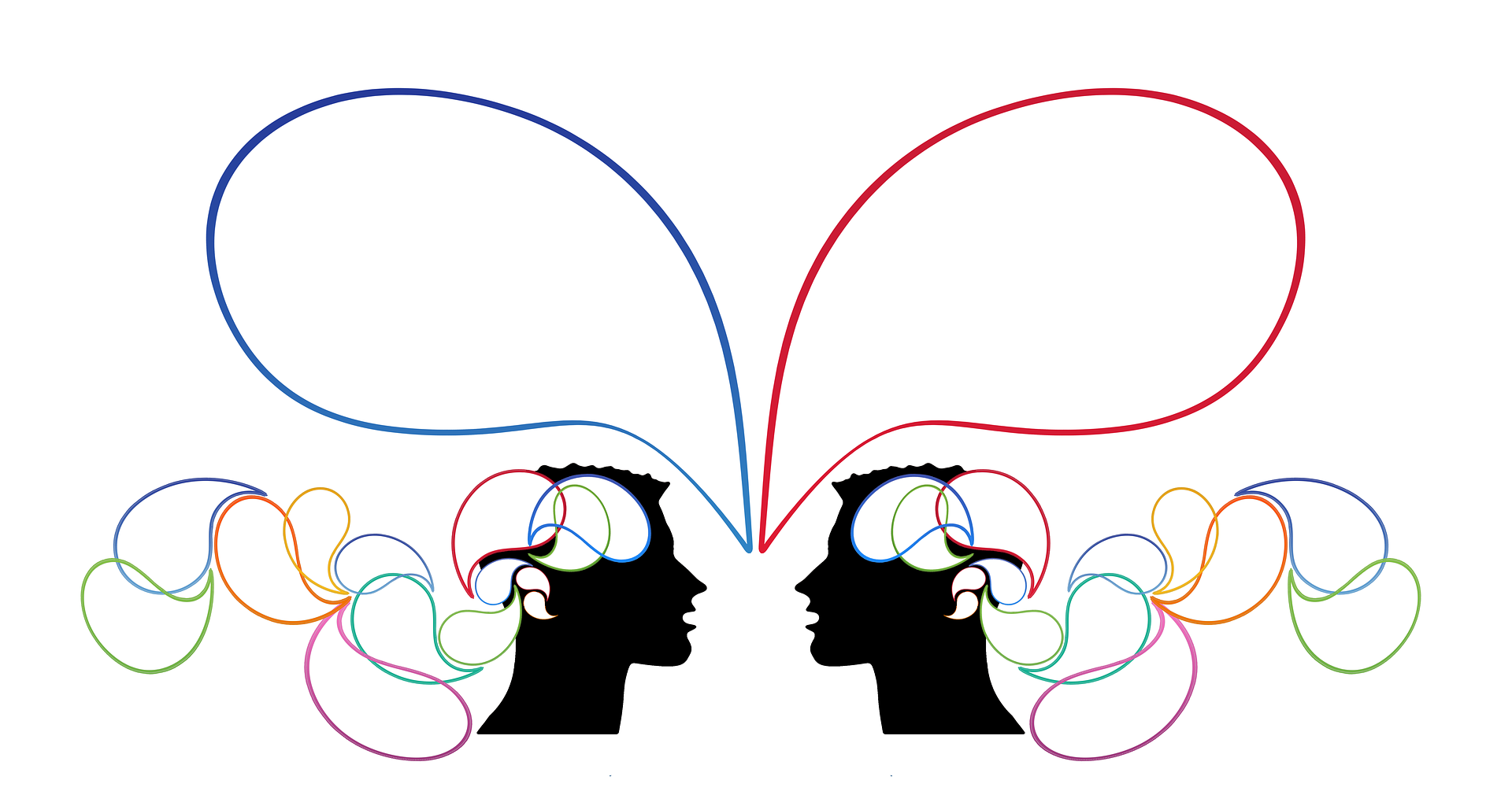
It’s all about YOU!
Why Me? Can’t we just fix the relationship?
If, like most people, what you really want to do is fix your relationship right now, why are you asked to focus on yourself? You know what the problems are, and if your partner would change, so would your relationship. You’re probably thinking: Why start from square one? Let’s get to the meat of the matter. Don’t worry, you will, but not quite yet. Read on and we will take you on a journey that promises to give you clarity and reinvigorate your relationship.
I know it might seem counterintuitive to restrict the focus to yourself, but I assure you that this method really works. Here’s why: Your chances for a stronger and more vibrant relationship improve greatly when you know yourself from the inside out. This is true because the better you know yourself the healthier and more whole you become. And the healthier and more whole you are the healthier your relationship will be. Healthy relationships are built by self-aware, intentional individuals who understand who they are, what they want, and what holds them back from getting it.
We all have voices in our heads
Did you know that the average person thinks approximately 50,000 thoughts per day? The lion’s share of these relates to your own value, potential, performance, and ability. And guess what? Most of these messages are negative and they replay over and over until you believe them as truth.
These messages, which psychologists call core beliefs, are a dialogue between your conscious mind and your deepest self. Formed in childhood, these core beliefs shape your perceptions of yourself and your place in the world. You have core beliefs about your self-worth, lovability, attractiveness, character, and potential.
Beliefs are not “Truth”
Your core beliefs form your self-image and worldview. Everything that you experience gets filtered to fit what you already believe. This can create a huge obstacle to expanding your self-perception through new experiences. Often your beliefs need to change to let new experiences slip in through the cracks.
If, for example, Jana believes she’s plain and unappealing to men, then when Ben flirts with her she probably won’t interpret his actions as flirting; rather, she believes that Ben feels sorry for her. Ava, on the other hand, knows she is intelligent. When her boss presents a challenging assignment, Ava will be confident of her inevitable success.
Your core beliefs play in your head on a daily basis. For the most part you screen it out. Otherwise, you couldn’t function in the world. But notice what happens on a bad day: Negative thoughts flood your mind when things aren’t going well, like when your boss criticizes you in front of all your coworkers. Do you latch onto the most negative thought and let it take you for a ride down a sinkhole? On these days when you feel vulnerable, hurt, depressed, or lonely, it gets more difficult to tune out negative messages. They seem to circle your head like vultures.
Negative thoughts can ruin your relationships
Even when the volume is down, a steady hum reaches you. The broadcast sends a stream of messages from your deepest self. This constant barrage influences your mood, thoughts, and behavior, mostly outside your awareness. These unconscious messages cause people to do and say perplexing things that they sometimes later regret. Those words and actions can have a devastating effect on your relationship, especially if they happen repeatedly.
By paying attention to the voices in your head, you can gradually liberate yourself from this kind of unaware behavior. The more you listen, the more discerning you’ll become about the accuracy and inaccuracy of the messages, and the less likely you are to do or say something you’ll regret later.
To help with this process, I teach my clients a simple practice. As a negative message arises they can test its truth by asking themselves: What is the evidence to support this message? It can be amazing how quickly negative messages disappear.
How to increase your awareness
For one week really pay close attention to what’s going on inside your head and monitor the messages you hear. Complete the chart below, and then label each message as positive or negative. I guarantee that with this kind of hyper-focus you will eradicate many of those unconscious pests.
Review and Reflection Exercise
What kinds of things do you say to yourself? Do you call yourself names like idiot, slob, lazybones, or loser? Or do you say things like I’m hot, a great dresser, clever, and so hilarious? Begin to notice patterns of message activity throughout your day. As you do, you can use these questions to help you to focus on the messages:
- Is the flow of your messages positive or negative?
- Does it depend on the particular day or your activity?
- Do the messages change with the company you keep?
- Are you harsh with yourself?
- Do you tend to be critical of others?
- Do particular people, places or things trigger certain messages?
- How do you react to the triggered messages?
- What feelings do they evoke?
- Do you believe that the messages are true?
As we mentioned above, healthy relationships are built by self-aware, intentional individuals who understand who they are, what they want, and what holds them back from getting it. Chances are, during the reflection exercise you will have identified messages you tell yourself that are not getting you where you want to be in your life or your relationship. Recognizing that these messages are holding you back is the first step towards taking ownership and making a positive change. Stay tuned for future posts where we’ll help you take the action you need to make those changes.